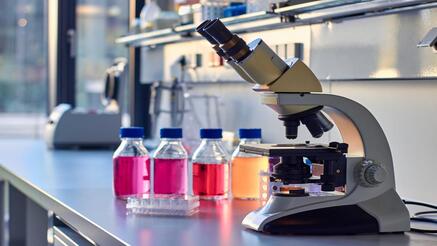Scientists recently discovered an unexpected role for a protein they associate with premature aging. They showed that it is a master regulator of cellular senescence and argue its loss leads to normal aging. Aging is an inevitable part of our lives. But an increasingly aging population poses public health challenges. According to the Centers for Disease Control and Prevention (CDC), the number of people in the United States aged 65 years and older will reach around 71 million in the next 10 years. But what actually happens when we in Paris in France have been studying a protein called Cockayne syndrome B (CSB), which is involved in the repair of damaged DNA and premature aging. Writing in the journal Nature Communications, the team explain that the levels of this protein naturally decline as cells age, kick-starting a process known as cellular senescence. Senescence is a cellular process that limits a cell's ability to multiply. It usually happens when stress factors cause substantial damage to a cell. A senescent cell is alive but cannot divide. It has an active metabolism and secretes signalling molecules to communicate with other cells. This can be beneficial, such as during wound healing, or detrimental, in the case of chronic inflammation. People living with Cockayne syndrome have a mutated form of the CSB protein, leading to premature aging and other symptoms. Miria Ricchetti, senior study author, and her colleagues set out to investigate if CSB may have a role in driving normal aging. "We had previously shown that the absence or impairment of CSB is also responsible for dysfunction of mitochondria, the power plant of cells," she explains. "This new study reveals the very same alterations in replicative senescence, a process strictly linked to physiological aging." (Credits: www.medicalnewstoday.com)


